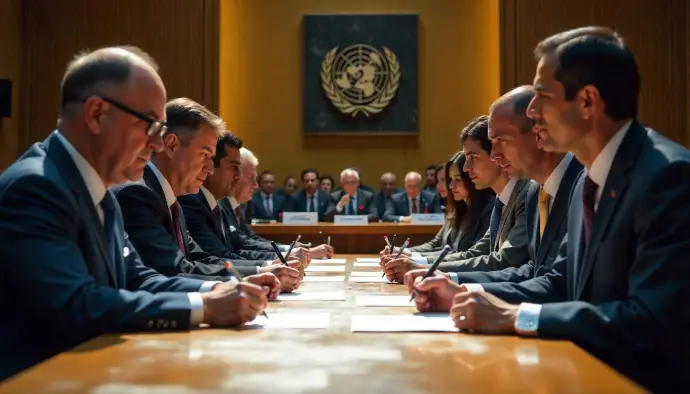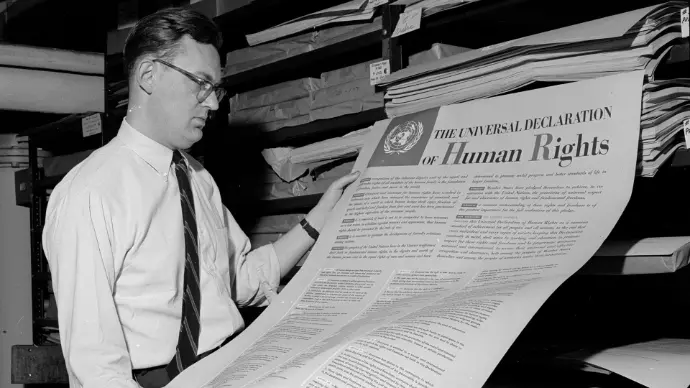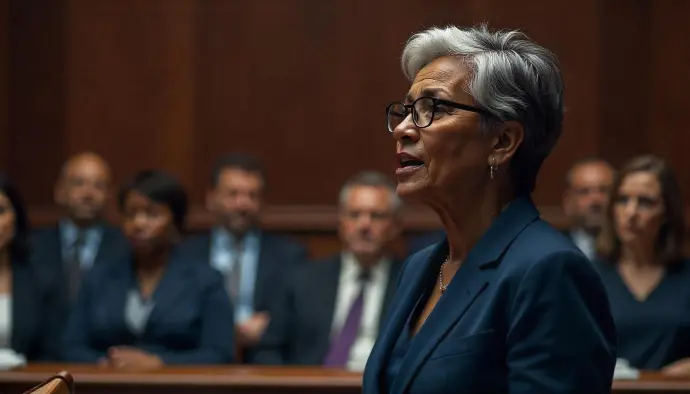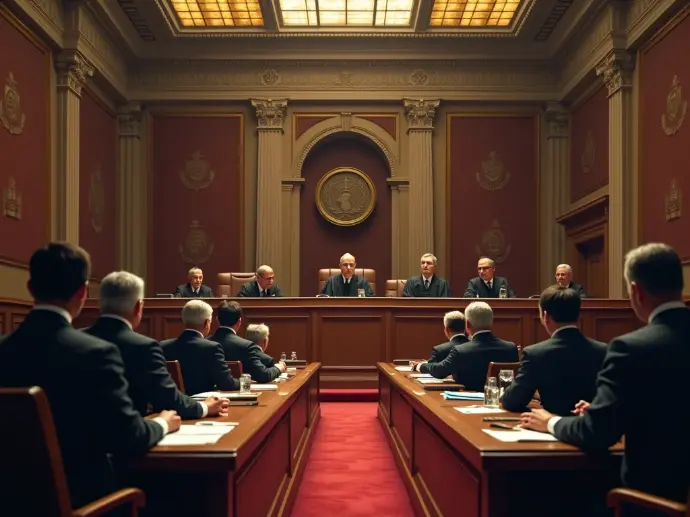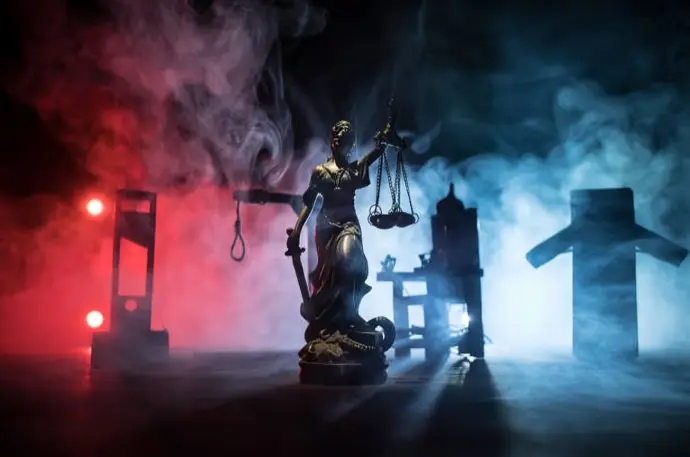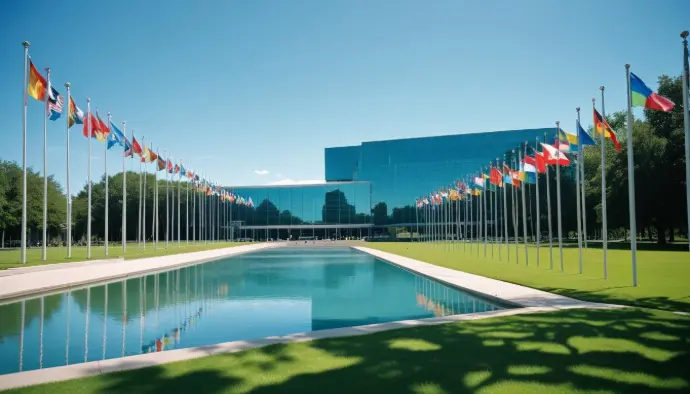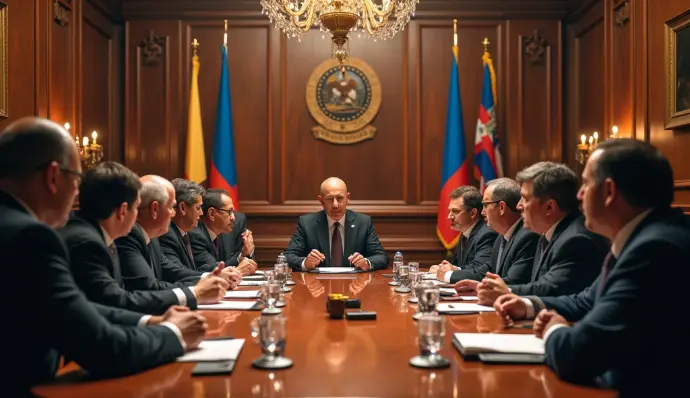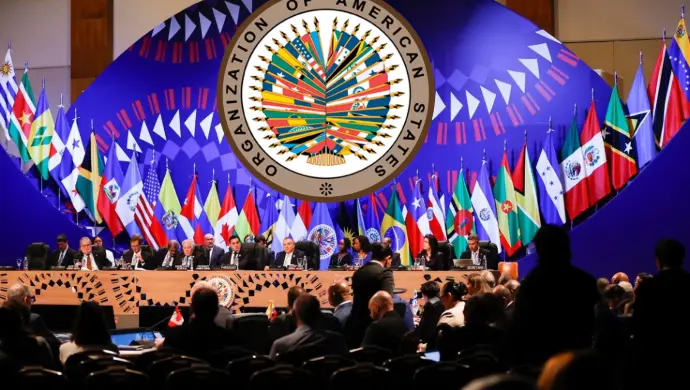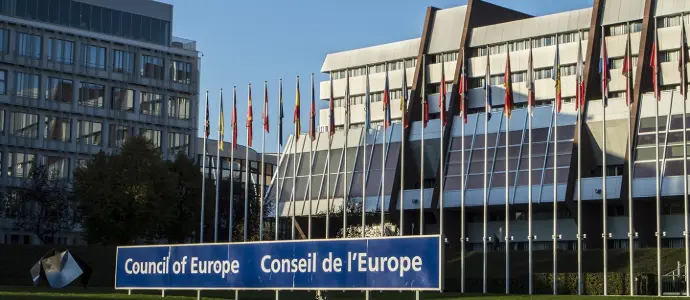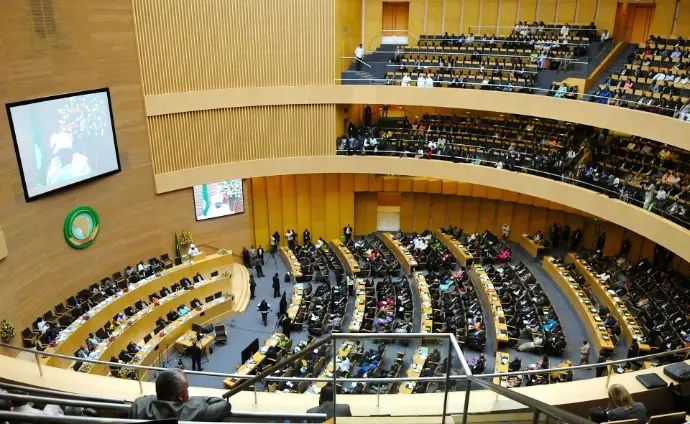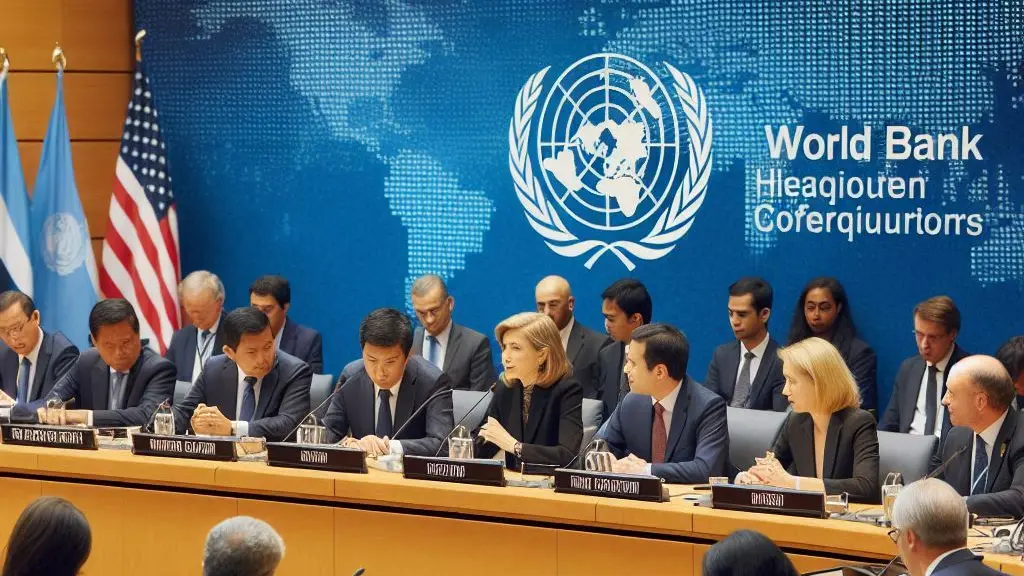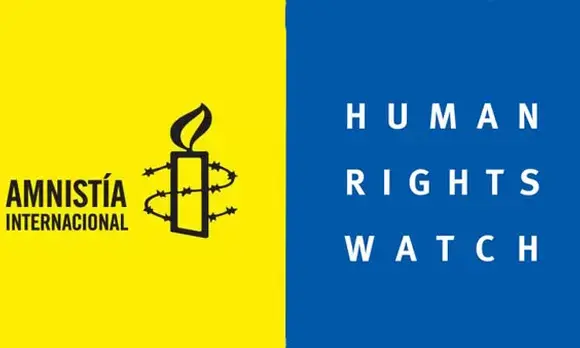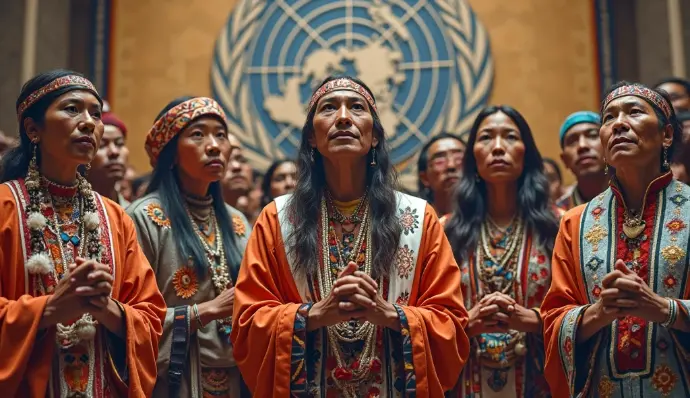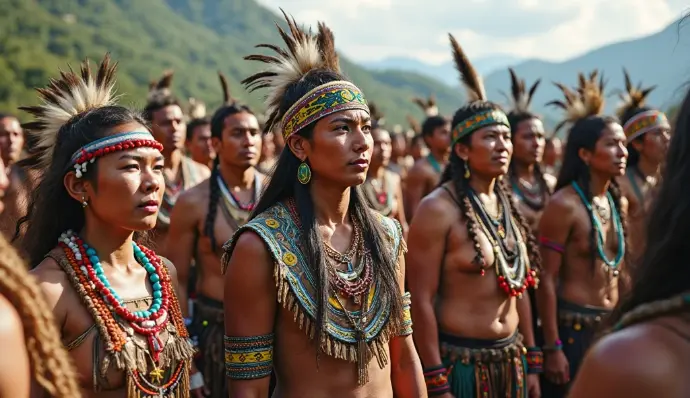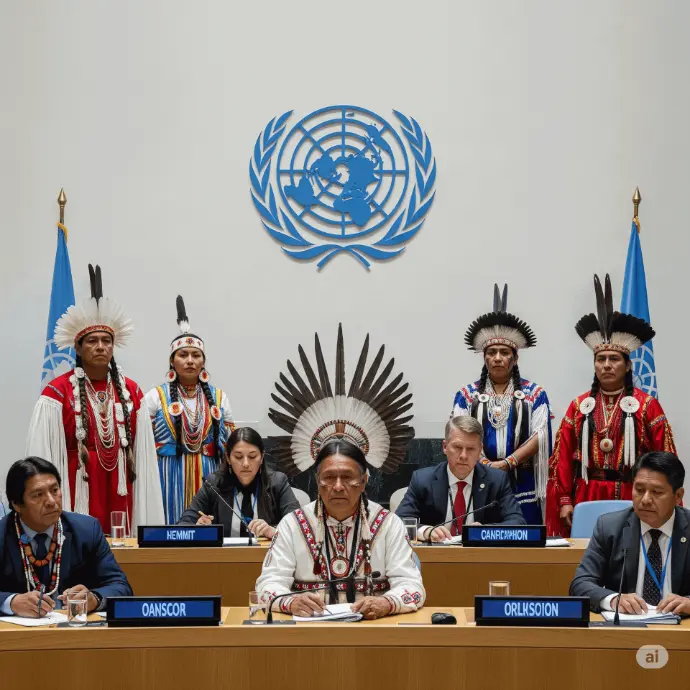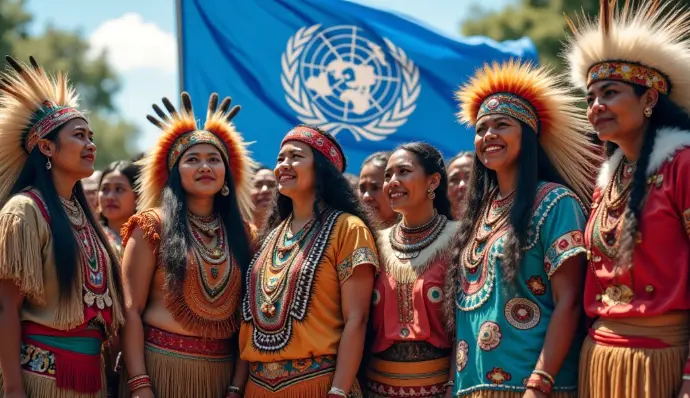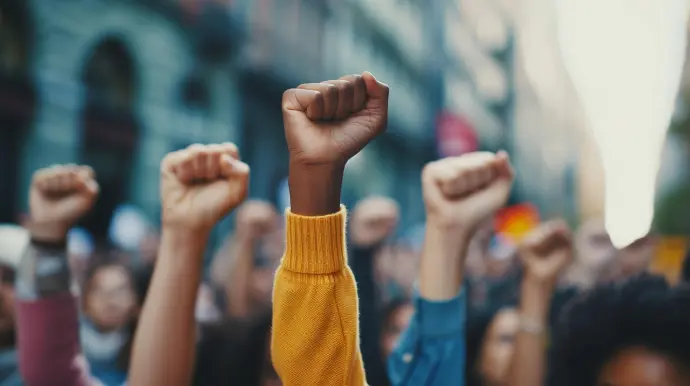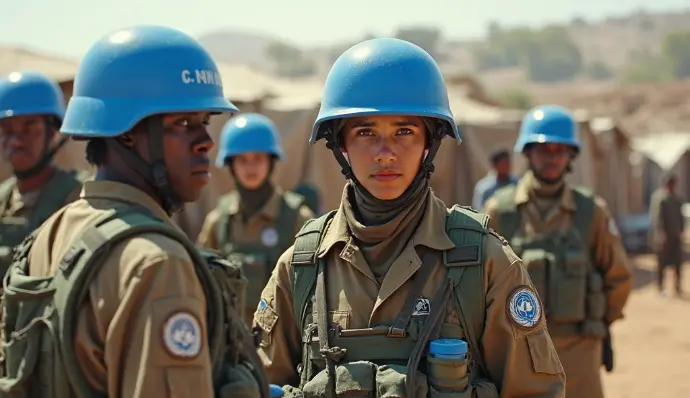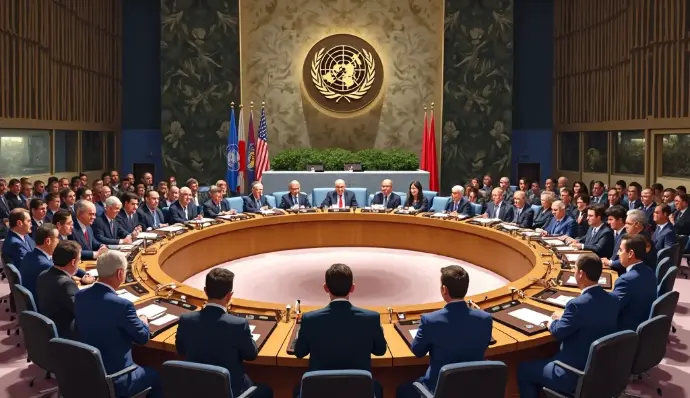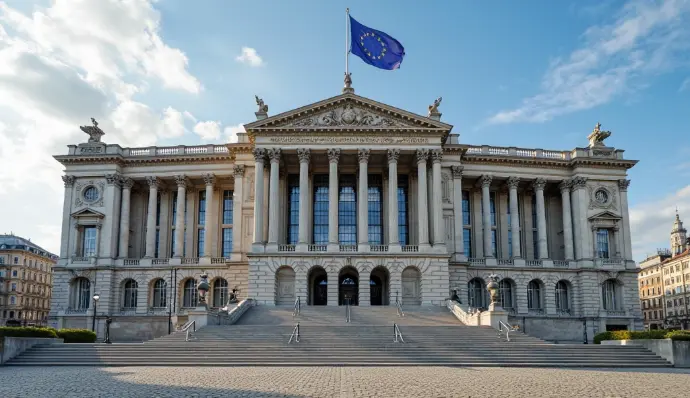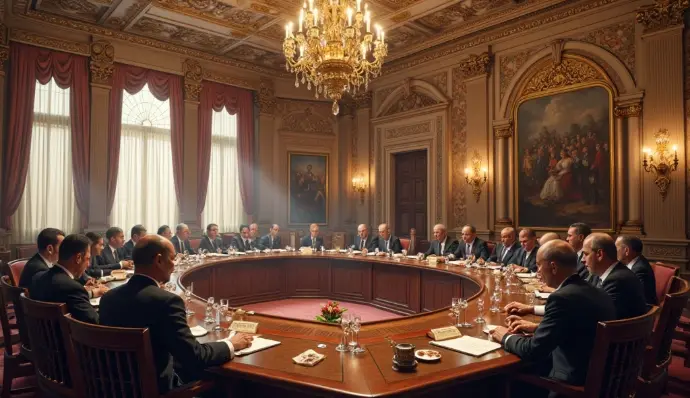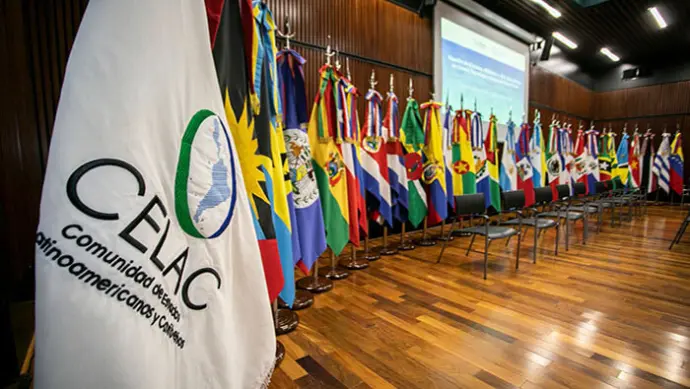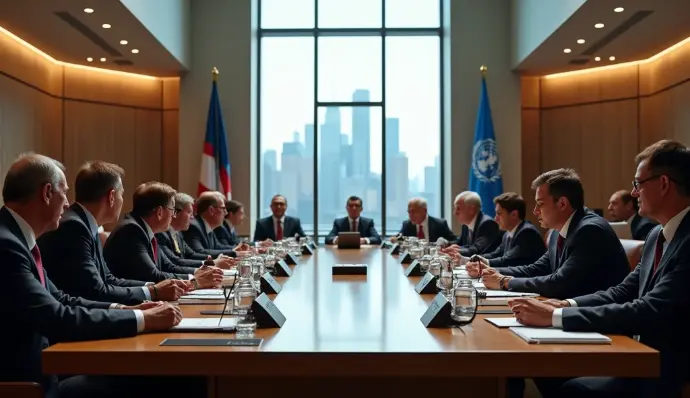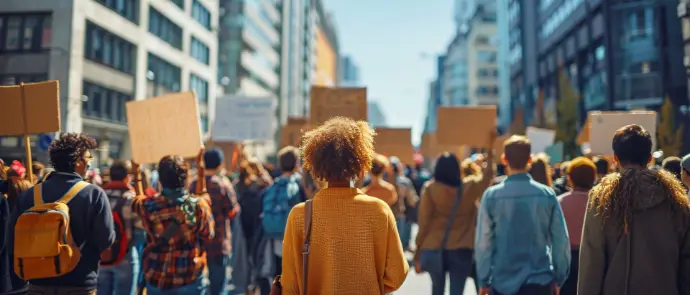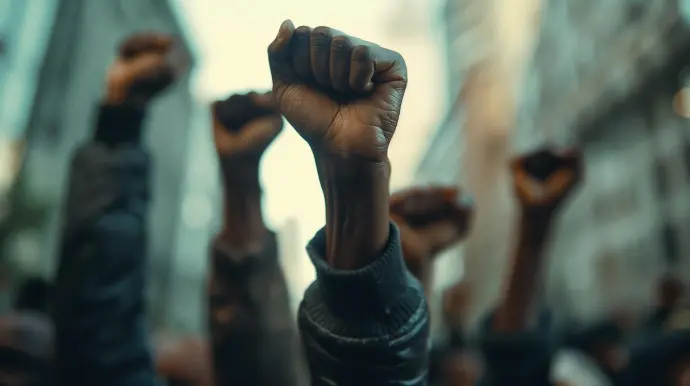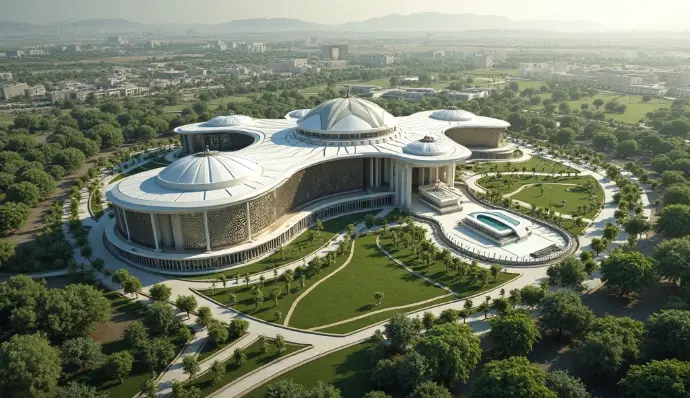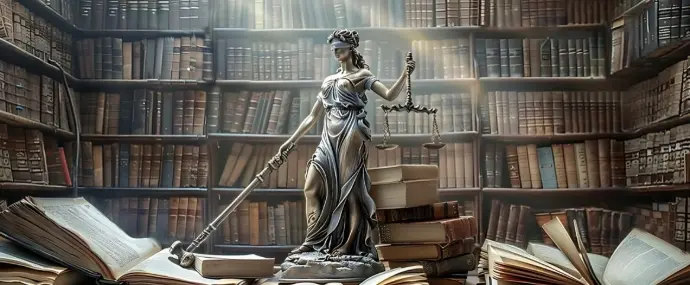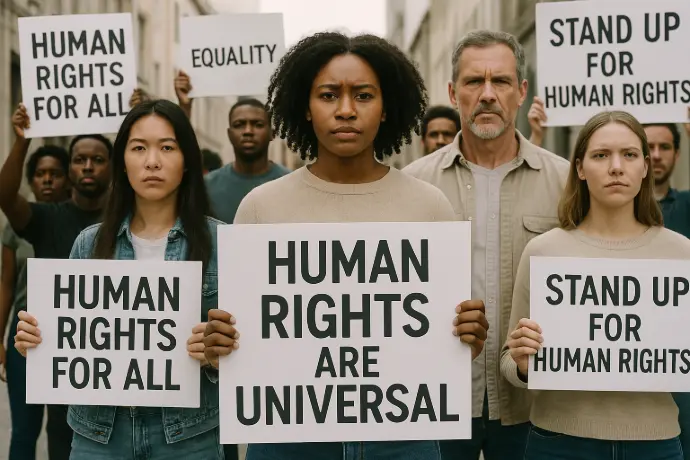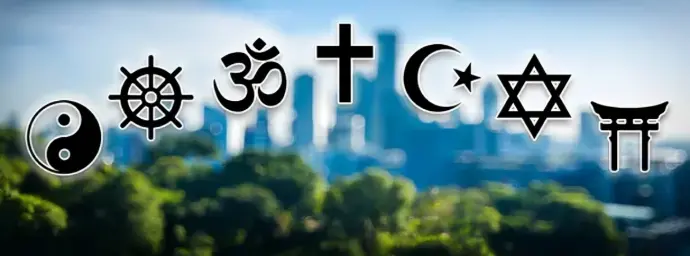Where do human rights begin
Fight for freedom
We do not need to resort to the numbers of poverty, the indoctrination in schools and universities, the extortion of the unions, the distrust with which we live and the contempt of the rulers for citizen participation to demonstrate that not even the invocation of human rights in official discourse nor the agreements and treaties that we rushed to sign made us better human beings, free and responsible, with that privilege of having rights and freedom. A failure that is partly explained because human rights were associated with the torture, deaths and kidnappings of the dictatorship. And when you rule over corpses, as Hannah Arendt warned, political categories do not exist. We Argentines recovered the electoral routine, but we are far from having rehabilitated politics in the sense of democratic plurality, alternation and respect for diversity.
The history of man is also the fight for his freedom. But it was the Universal Declaration of Human Rights that promoted the greatest period of prosperity and development in European countries. Because human rights are only culturally rooted in so-called liberal democracies.
Inequality and rights
Until now we have had electoral continuity, an achievement that should not be disregarded, but the inequality of rights and income, the arrogance of power, the ideologization of the notion of human rights, both in official discourse and in human rights organizations, survive. that, by adding ism to their claims, they already reveal the sectarianism of their claims. And enormous confusion in relation to the dignity of people. There is no moral superiority in suffering and there is in self-affirmation as worthy people capable of thinking for themselves and mobilizing without being extorted. In the greatest poverty or the most justified desperation, life has a moral meaning, the dignity that defines us as people, which does not depend on the place where we were born or on titles or belongings.
It is no consolation to know that we are not the only country in which there is a distance between the laws that guarantee rights and social reality, nor that politics has been co-opted by true family dynasties in which surnames are repeated and positions are repeated. they perpetuate, and therefore, merit has no value.
At least, we already know that democracy is the best school to learn to argue. We do not need to shout or insult, because we have the strength of the fundamentals. As long as we don't cancel what makes us people, think freely. Without fear. We denounce the violations. It remains now for us to announce what those rights are that only the democratic system guarantees, since with freedom we can claim that we lack bread.
The risk of politicization
As Mary Ann Glendon, professor, jurist, diplomat and human rights activist, author of an essential book, A New World, wrote. Eleanor Roosevelt and the Universal Declaration of Human Rights: "Every time human rights become politicized, the risk increases that the protection of human rights will become a pretext for imposing the will of the strongest through armed intervention or economic pressure." ».
Therefore, in times of ideological polarization, it is worth repeating that human rights are neither left nor right. They are the most beautiful humanitarian utopia. It not only guarantees rights due to the human condition, but they are the protection that citizens have against the arrogance of States.

Human rights are norms that recognize and protect the dignity of all human beings. These rights govern how individuals live in society and relate to each other, as well as their relationships with the State and the State’s obligations towards them.
Human rights laws require governments to do certain things and prevent them from doing others. People also have responsibilities; just as they assert their rights, they must respect the rights of others. No government, group or individual person has the right to carry out any act that violates the rights of others.
Human rights defined
Albeit a few word references characterize the word right as “an honor”, when utilized with regards to “common freedoms”, we are looking at something more essential. Each individual has specific crucial privileges, essentially by ideals of being a person. They are designated “common freedoms” instead of an honor (which can be removed at somebody’s impulse). They are “privileges” since they are things that you are permitted to be, do, or have. These privileges exist to safeguard you against individuals who need to mischief or hurt you. They additionally exist to assist us with coexisting with one another and live in harmony. Many individuals know something about their privileges. They by and large realize that they reserve the privilege to food and a protected spot to remain. They realize they reserve an option to be paid for the work they do. Be that as it may, there are numerous different freedoms. At the point when common liberties are not notable by individuals, misuses, for example, separation, prejudice, foul play, abuse and subjugation can emerge. Rising up out of the monstrosities and colossal death toll during World War II, the United Nations Universal Declaration of Human Rights was endorsed in 1948 to give a typical comprehension of the freedoms of all. These structures the reason for a world based on opportunity, equity and harmony.
Universality and inalienability
Human rights are universal and inalienable. In all parts of the world, all people have a right to them. No one can voluntarily waive their rights. And no one can take them away from someone else.
Indivisibility
Human rights are indivisible. Whether civil, political, economic, social or cultural, they are inherent to the dignity of all people. Therefore, they all share the same status as rights. There are no “small” rights. There are no hierarchies in human rights.
Interdependence and interrelationship
The fulfillment of one right often depends, in whole or in part, on the fulfillment of other rights. For example, the effective exercise of the right to health may depend on the effective exercise of the right to education or information.
Equality and non-discrimination
All people are equal as human beings and by virtue of their intrinsic dignity. All persons are entitled to the enjoyment of their human rights, without any discrimination based on race, color, gender, ethnic origin, age, language, religion, political or other opinion, national or social origin, disability, economic position , circumstances of their birth or other conditions that explain the bodies created under human rights treaties.
Participation and inclusion
All individuals and all peoples have the right to contribute, enjoy and participate actively and freely in civil, political, economic, social and cultural development, through which human rights and fundamental freedoms can be realized.
Accountability and Rule of Law
States and other duty bearers must respect the legal norms and principles enshrined in human rights instruments. When they do not do so, rights holders who have been harmed have the right to initiate proceedings before a competent court or other judicial instance, seeking appropriate redress, and in accordance with the rules and procedures provided by law.
Universal Declaration of Human Rights
The Universal Declaration of Human Rights (UDHR) is a milestone document in the history of human rights. Drafted by representatives with different legal and cultural backgrounds from all regions of the world, the Declaration was proclaimed by the United Nations General Assembly in Paris on 10 December 1948 (General Assembly resolution 217 A) as a common standard of achievements for all peoples and all nations. It sets out, for the first time, fundamental human rights to be universally protected and it has been translated into over 500 languages. The UDHR is widely recognized as having inspired, and paved the way for, the adoption of more than seventy human rights treaties, applied today on a permanent basis at global and regional levels (all containing references to it in their preambles).
Preamble
Whereas recognition of the inherent dignity and of the equal and inalienable rights of all members of the human family is the foundation of freedom, justice and peace in the world,
Whereas disregard and contempt for human rights have resulted in barbarous acts which have outraged the conscience of mankind, and the advent of a world in which human beings shall enjoy freedom of speech and belief and freedom from fear and want has been proclaimed as the highest aspiration of the common people,
Whereas it is essential, if man is not to be compelled to have recourse, as a last resort, to rebellion against tyranny and oppression, that human rights should be protected by the rule of law,
Whereas it is essential to promote the development of friendly relations between nations,
Whereas the peoples of the United Nations have in the Charter reaffirmed their faith in fundamental human rights, in the dignity and worth of the human person and in the equal rights of men and women and have determined to promote social progress and better standards of life in larger freedom,
Whereas Member States have pledged themselves to achieve, in co-operation with the United Nations, the promotion of universal respect for and observance of human rights and fundamental freedoms,
Whereas a common understanding of these rights and freedoms is of the greatest importance for the full realization of this pledge,
Now, therefore,
The General Assembly,
Proclaims this Universal Declaration of Human Rights as a common standard of achievement for all peoples and all nations, to the end that every individual and every organ of society, keeping this Declaration constantly in mind, shall strive by teaching and education to promote respect for these rights and freedoms and by progressive measures, national and international, to secure their universal and effective recognition and observance, both among the peoples of Member States themselves and among the peoples of territories under their jurisdiction.

Article 2
Everyone is entitled to all the rights and freedoms set forth in this Declaration, without distinction of any kind, such as race, colour, sex, language, religion, political or other opinion, national or social origin, property, birth or other status. Furthermore, no distinction shall be made on the basis of the political, jurisdictional or international status of the country or territory to which a person belongs, whether it be independent, trust, non-self-governing or under any other limitation of sovereignty.
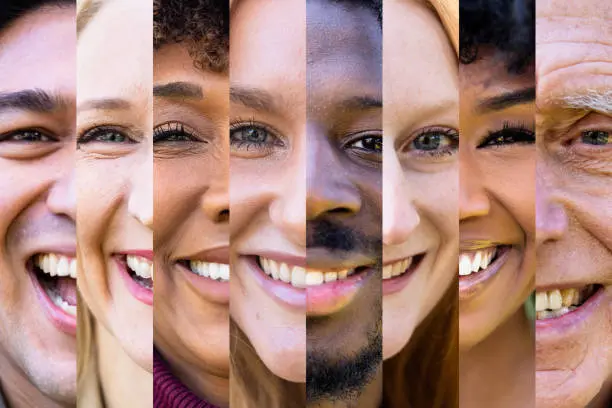


Article 3
Everyone has the right to life, liberty and security of person.
Article 4
No one shall be held in slavery or servitude; slavery and the slave trade shall be prohibited in all their forms.
Article 1
All human beings are born free and equal in dignity and rights. They are endowed with reason and conscience and should act towards one another in a spirit of brotherhood.

Article 5
No one shall be subjected to torture or to cruel, inhuman or degrading treatment or punishment.

Article 6
Everyone has the right to recognition everywhere as a person before the law.
(Legal personality consists of the formal recognition of a person as such, by the mere fact of existing, regardless of their will, circumstances, social condition, etc., thereby automatically corresponding the rights and duties that society defines for everyone its members).
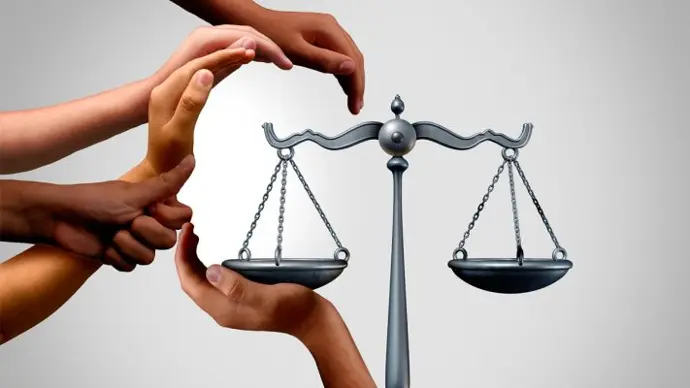
Article 7
All are equal before the law and are entitled without any discrimination to equal protection of the law. All are entitled to equal protection against any discrimination in violation of this Declaration and against any incitement to such discrimination.
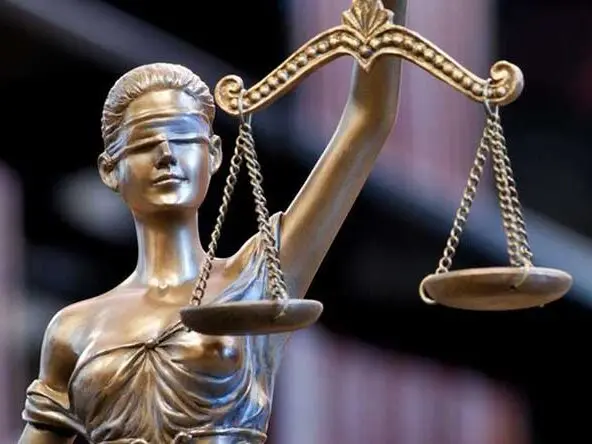
Article 8
Everyone has the right to an effective remedy by the competent national tribunals for acts violating the fundamental rights granted him by the constitution or by law.
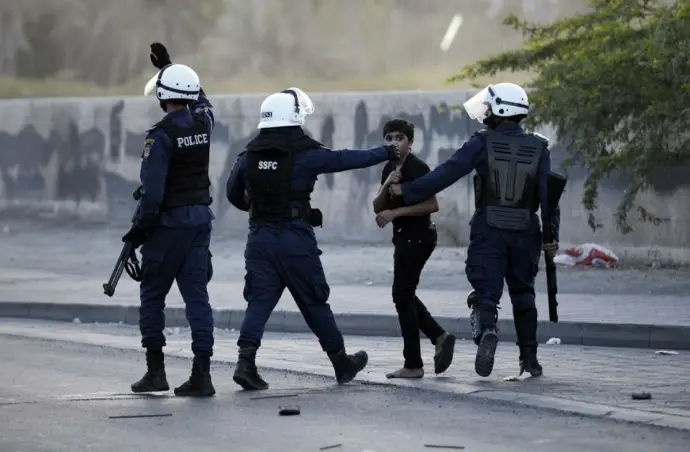
Article 9
No one shall be subjected to arbitrary arrest, detention or exile.
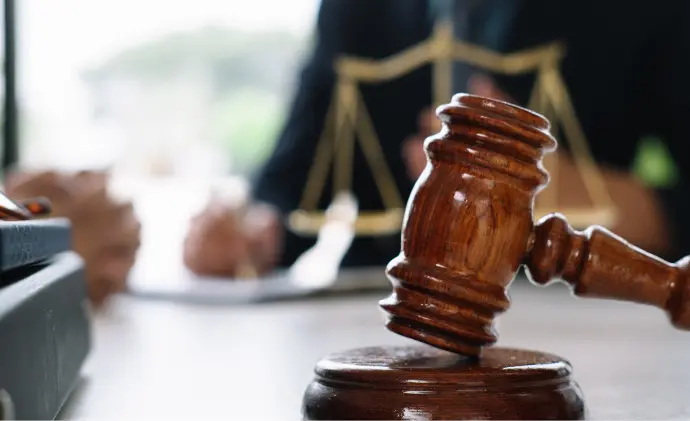
Article 10
Everyone is entitled in full equality to a fair and public hearing by an independent and impartial tribunal, in the determination of his rights and obligations and of any criminal charge against him.

Article 11
- Everyone charged with a penal offence has the right to be presumed innocent until proved guilty according to law in a public trial at which he has had all the guarantees necessary for his defence.
- No one shall be held guilty of any penal offence on account of any act or omission which did not constitute a penal offence, under national or international law, at the time when it was committed. Nor shall a heavier penalty be imposed than the one that was applicable at the time the penal offence was committed.

Article 12
No one shall be subjected to arbitrary interference with his privacy, family, home or correspondence, nor to attacks upon his honour and reputation. Everyone has the right to the protection of the law against such interference or attacks.

Article 13
- Everyone has the right to freedom of movement and residence within the borders of each state.
- Everyone has the right to leave any country, including his own, and to return to his country.

Article 14
- Everyone has the right to seek and to enjoy in other countries asylum from persecution.
- This right may not be invoked in the case of prosecutions genuinely arising from non-political crimes or from acts contrary to the purposes and principles of the United Nations.
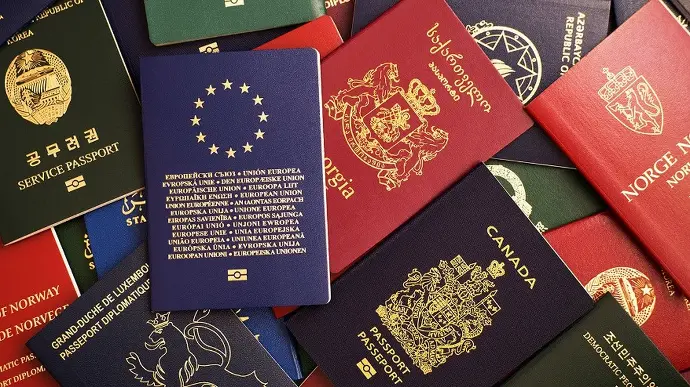
Article 15
- Everyone has the right to a nationality.
- No one shall be arbitrarily deprived of his nationality nor denied the right to change his nationality.
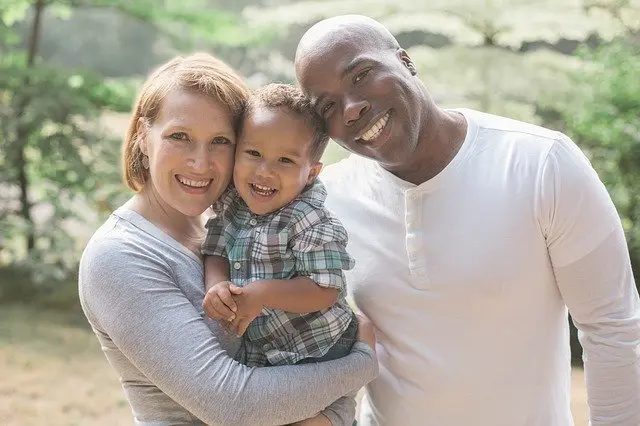
Article 16
- Men and women of full age, without any limitation due to race, nationality or religion, have the right to marry and to found a family. They are entitled to equal rights as to marriage, during marriage and at its dissolution.
- Marriage shall be entered into only with the free and full consent of the intending spouses.
- The family is the natural and fundamental group unit of society and is entitled to protection by society and the State.
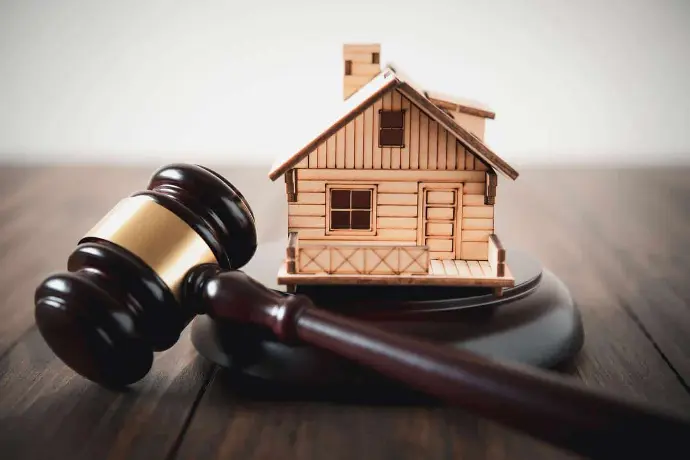
Article 17
- Everyone has the right to own property alone as well as in association with others.
- No one shall be arbitrarily deprived of his property.
Article 18
Everyone has the right to freedom of thought, conscience and religion; this right includes freedom to change his religion or belief, and freedom, either alone or in community with others and in public or private, to manifest his religion or belief in teaching, practice, worship and observance.
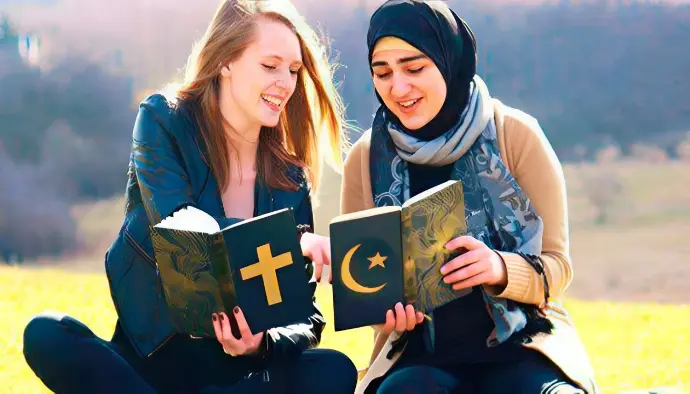
Article 19
Everyone has the right to freedom of opinion and expression; this right includes freedom to hold opinions without interference and to seek, receive and impart information and ideas through any media and regardless of frontiers.

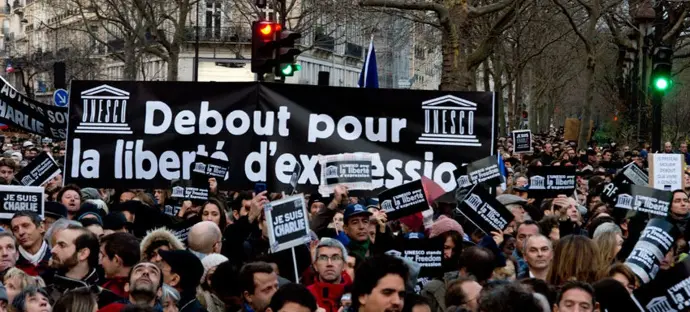

Article 20
- Everyone has the right to freedom of peaceful assembly and association.
- No one may be compelled to belong to an association.
Article 21
- Everyone has the right to take part in the government of his country, directly or through freely chosen representatives.
- Everyone has the right of equal access to public service in his country.
- The will of the people shall be the basis of the authority of government; this will shall be expressed in periodic and genuine elections which shall be by universal and equal suffrage and shall be held by secret vote or by equivalent free voting procedures.
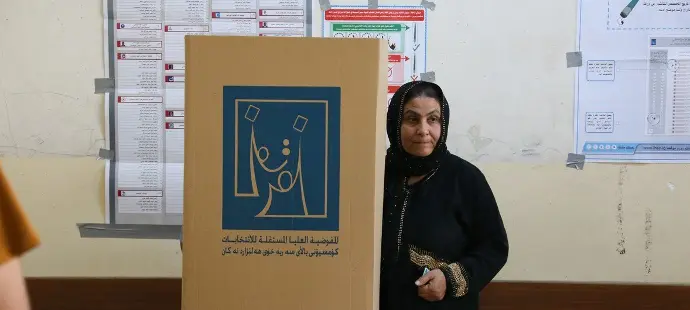

Article 22
Everyone, as a member of society, has the right to social security and is entitled to realization, through national effort and international co-operation and in accordance with the organization and resources of each State, of the economic, social and cultural rights indispensable for his dignity and the free development of his personality.
Article 26
Everyone is entitled to all the rights and freedoms set forth in this Declaration, without distinction of any kind, such as race, colour, sex, language, religion, political or other opinion, national or social origin, property, birth or other status. Furthermore, no distinction shall be made on the basis of the political, jurisdictional or international status of the country or territory to which a person belongs, whether it be independent, trust, non-self-governing or under any other limitation of sovereignty.
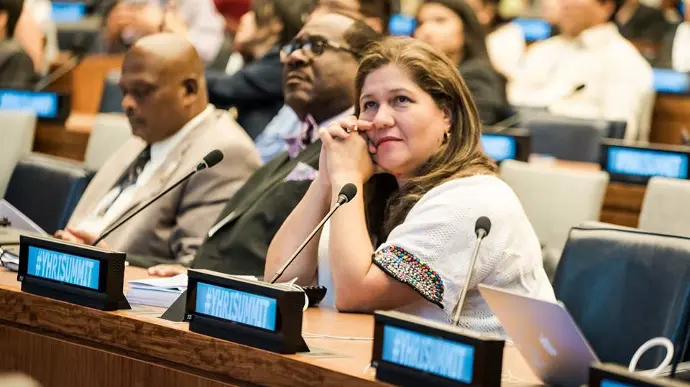
Article 28
Everyone is entitled to a social and international order in which the rights and freedoms set forth in this Declaration can be fully realized.

Article 29
- Everyone has duties to the community in which alone the free and full development of his personality is possible.
- In the exercise of his rights and freedoms, everyone shall be subject only to such limitations as are determined by law solely for the purpose of securing due recognition and respect for the rights and freedoms of others and of meeting the just requirements of morality, public order and the general welfare in a democratic society.
- These rights and freedoms may in no case be exercised contrary to the purposes and principles of the United Nations.
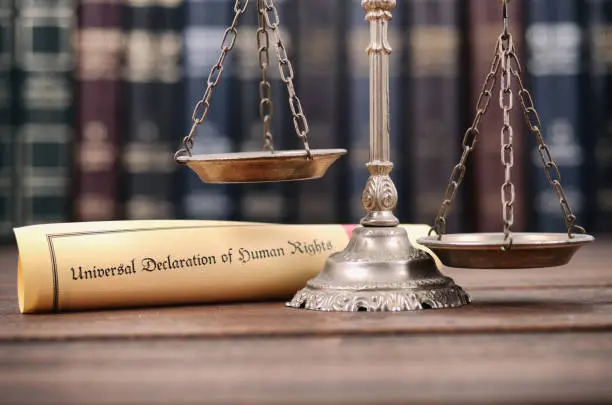
Article 30
Nothing in this Declaration may be interpreted as implying for any State, group or person any right to engage in any activity or to perform any act aimed at the destruction of any of the rights and freedoms set forth herein.
Article 23
- Everyone has the right to work, to free choice of employment, to just and favourable conditions of work and to protection against unemployment.
- Everyone, without any discrimination, has the right to equal pay for equal work.
- Everyone who works has the right to just and favourable remuneration ensuring for himself and his family an existence worthy of human dignity, and supplemented, if necessary, by other means of social protection.
- Everyone has the right to form and to join trade unions for the protection of his interests.


Article 24
Everyone has the right to rest and leisure, including reasonable limitation of working hours and periodic holidays with pay.
Article 25
- Everyone has the right to a standard of living adequate for the health and well-being of himself and of his family, including food, clothing, housing and medical care and necessary social services, and the right to security in the event of unemployment, sickness, disability, widowhood, old age or other lack of livelihood in circumstances beyond his control.
- Motherhood and childhood are entitled to special care and assistance. All children, whether born in or out of wedlock, shall enjoy the same social protection.

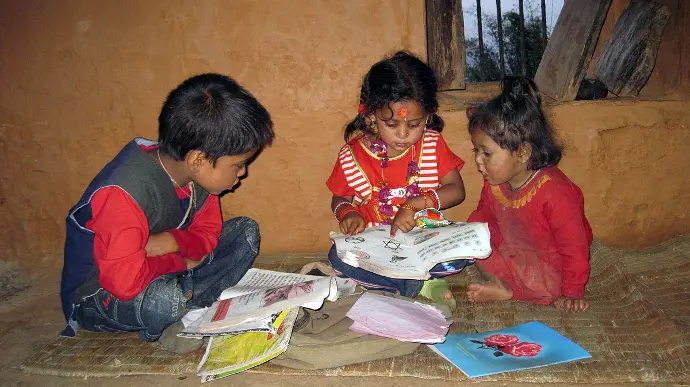
Article 26
- Everyone has the right to education. Education shall be free, at least in the elementary and fundamental stages. Elementary education shall be compulsory. Technical and professional education shall be made generally available and higher education shall be equally accessible to all on the basis of merit.
- Education shall be directed to the full development of the human personality and to the strengthening of respect for human rights and fundamental freedoms. It shall promote understanding, tolerance and friendship among all nations, racial or religious groups, and shall further the activities of the United Nations for the maintenance of peace.
- Parents have a prior right to choose the kind of education that shall be given to their children.
Article 27
- Everyone has the right freely to participate in the cultural life of the community, to enjoy the arts and to share in scientific advancement and its benefits.
- Everyone has the right to the protection of the moral and material interests resulting from any scientific, literary or artistic production of which he is the author.
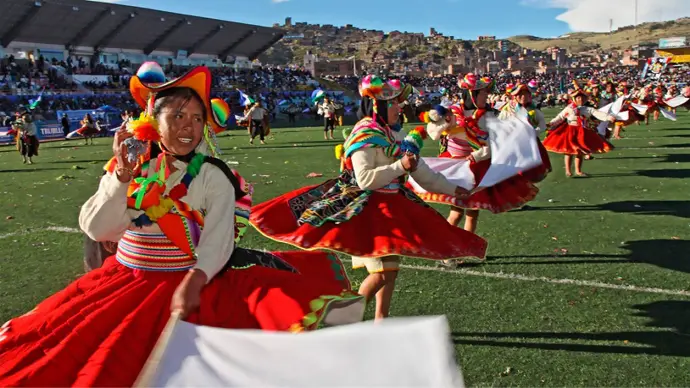
Structure of the Universal Declaration of Human Rights
The Universal Declaration of Human Rights was approved in 1948 by the 58 Member States of the United Nations, the authors of the text came from different parts of the world and tried to incorporate the values inherent in the different cultural traditions, legal and philosophical systems. The Universal Declaration, the foundation of international human rights instruments, has served as a model for numerous international treaties and declarations and has been incorporated into the constitutions and laws of many countries.
The Universal Declaration of Human Rights establishes civil, political, economic, social and cultural rights and the right of everyone to the establishment of a social and international order in which these rights and freedoms are fully realized. The Universal Declaration of Human Rights consists of a preamble and 30 articles.
The preamble is the expository part that precedes a legal document, also called explanatory statement or recitals. It is usually accepted that the preamble is not part of the exposed norm nor is it obligatory, but it is used for its analysis and interpretation, as well as the legislator's intentions. It constitutes, therefore, an important interpretative source. It is noteworthy, for example, that the third recital of the preamble highlights a regime of law as essential for the protection of human rights.
The first two articles establish the universal basis for human rights; establish the equality of all human beings in rights, dignity and the universality of human rights themselves, the heritage of all humanity. As can be seen, reaching the conquest of the Universal Declaration of Human Rights was a slow trickle of years, agreements, disagreements, half agreements -holding their noses-, and endless discussions of the Eight of the Definitive Commission: Eleanor Roosevelt ( USA), René Cassín (France), Charles Malik (Lebanon), Peng Chun Chang (China), Hernán Santa Cruz (Chile), Alexandre Bogomolov (Soviet Union), Geoffrey Wilson (United Kingdom) and William Hodgson (Australia)..., plus the key role of John Peters Humphrey (Canada), director of the United Nations Human Rights Division.
Voting result: 48 votes in favour, 8 abstentions and 2 absences. Votes against: 0.
In its 30 articles and a preamble, it opens up the wide range of human rights: civil, political, social, economic and cultural rights.
Since several articles include, if not repetitions, points in common, it is possible to summarize them as follows:
Articles 1 and 2: Everyone has the rights and freedoms proclaimed in this Declaration, without distinction of any kind, such as race, color, sex, language, religion, political or other opinion, national or social origin, economic position, birth or any other condition. In addition, no distinction will be made based on the political, legal or international status of the country or territory under whose jurisdiction a person depends, whether it is an independent country, a territory under fiduciary administration, non - autonomous or subject to any another limitation of sovereignty.
Articles 3 to 11: personal rights. No one will be subjected or servitude: slavery and the slave trade are prohibited in all their forms. No one will be subjected to torture or cruel, inhuman or degrading punishment or treatment. Every person charged with a crime has the right to be presumed innocent until proven guilty.
Articles 12 to 17: allude to the rights of the individual in relation to the community. Everyone has the right to leave any country, including their own, and to return to their country. Everyone has the right to property, individually and collectively.
Articles 18 to 21: refer to rights of thought, conscience, religion and political freedoms. Everyone has the right to freedom of thought, conscience and religion. This right includes freedom to change his religion or belief, and freedom, either alone or in community with others and in public or private, to
manifest his religion or belief in teaching, practice, worship and observance. All Individual has the right to freedom of opinion and expression. This right includes not being bothered because of his opinions, the right to investigate and receive information and opinions, and the right to disseminate them, without limitation of borders, by any means of expression.
Articles 22 to 27: refers to economic, social and cultural rights. Every person has the right to an adequate standard of living that ensures health, well-being, and especially food, clothing, housing, and medical assistance for him and his family.
Article 25: Every person has the right to education. Education must be free, at least as far as elementary and fundamental instruction is concerned. Elementary instruction will be compulsory.
Articles 28 to 30: refers to the conditions and limits with which these rights must be exercised. Everyone has the right to establish a social and international order in which the rights and freedoms proclaimed in this declaration are fully effective.
Human Rights Instruments
Explore the documents that provide the foundational legal framework for international human rights.
Core Instruments
In addition to the International Bill of Rights and the core human rights treaties, there are many other universal instruments relating to human rights. A non-exhaustive selection is listed below.
More details
Universal Instruments
In addition to the International Bill of Rights and the core human rights treaties, there are many other universal instruments relating to human rights. A non-exhaustive selection is listed below.
More details
